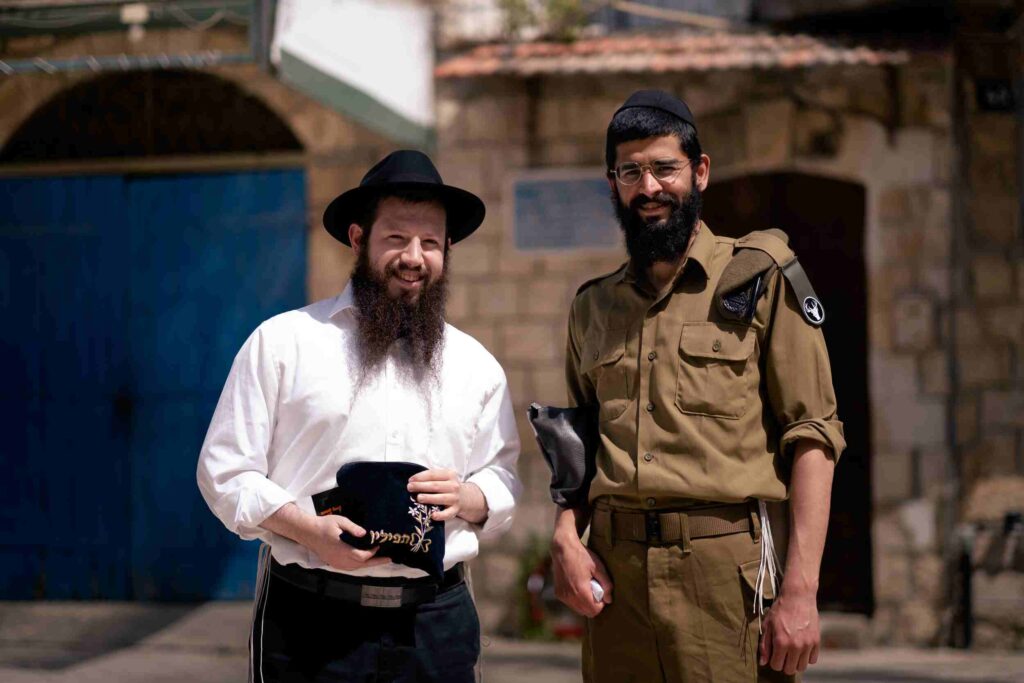
Meaning
Yom Kippur, often referred to as the “Day of Atonement,” is a solemn and sacred holiday in the Jewish faith. At its core, Yom Kippur carries profound meaning and significance, both historically and spiritually.
A Day of Reflection and Repentance
Yom Kippur is a time of deep reflection. It is the day when individuals take stock of their actions, behaviors, and deeds from the past year. It’s a day of self-examination, acknowledging one’s shortcomings, and recognizing the need for improvement. This process of reflection is essential for personal growth and spiritual development.
Seeking Forgiveness and Reconciliation
One of the primary meanings of Yom Kippur is seeking forgiveness. Individuals use this day to repent for their sins and transgressions. It is a time when they turn to God with a sincere desire for reconciliation and forgiveness. It underscores the belief that humans have the capacity for change and growth, and that through genuine remorse, they can repair their relationship with the Divine.
Cleansing the Soul
Yom Kippur also symbolizes spiritual cleansing. The act of fasting during Yom Kippur is not just a physical practice; it’s a way of cleansing the soul. By abstaining from physical indulgences, individuals focus on their inner selves, allowing for purification and renewal.
A Fresh Start
Another significant meaning of Yom Kippur is the concept of a fresh start. The wearing of white attire on this day represents purity and renewal. It signifies a new beginning, a chance to move forward with a clean slate, unburdened by the sins and mistakes of the past.
A Day of Redemption
Yom Kippur is also seen as a day of redemption. It’s believed that on this day, God reviews and seals the fate of individuals for the upcoming year. Therefore, seeking forgiveness and redemption on Yom Kippur is a way to secure a positive judgment and a favorable year ahead.
In essence, Yom Kippur holds multiple layers of meaning. It’s a day of reflection, a time for seeking forgiveness and reconciliation, a spiritual cleanse, a fresh start, and a day of redemption. These meanings come together to make Yom Kippur one of the most significant and transformative days in the Jewish calendar, emphasizing the enduring human capacity for change and growth.
Customs and Traditions
Fasting and Self-Denial
One of the central customs of Yom Kippur is fasting. During the approximately 25-hour period, observant Jews abstain from all forms of sustenance, including food and drink. This act of self-denial symbolizes a profound commitment to repentance and spiritual reflection.
Intensive Prayer
Yom Kippur is marked by extensive synagogue services and prayers. These prayers are designed to help individuals seek divine forgiveness, reflect on their actions over the past year, and express their desire for spiritual growth and renewal. The liturgy for Yom Kippur is particularly rich and emotionally charged.
Acts of Repentance (Teshuvah)
The concept of Teshuvah, or repentance, is central to Yom Kippur. It involves acknowledging one’s wrongdoings, feeling genuine remorse, and making amends where possible. Individuals are encouraged to actively seek forgiveness for their sins, both from God and from their fellow human beings.
Wearing White Attire
On Yom Kippur, it is customary to wear white attire. White symbolizes purity and renewal, reflecting the desire for a fresh start and a clean slate. This practice underscores the transformative aspect of the day.
The Kol Nidrei Prayer
The Kol Nidrei prayer, recited on the evening of Yom Kippur, is a poignant and significant tradition. It symbolizes the annulment of unintentional vows and oaths made in the year ahead, allowing individuals to start the day with a clean conscience.
Seeking Forgiveness from Others
A fundamental tradition on Yom Kippur is the act of asking for forgiveness from fellow human beings. It is believed that one’s transgressions against others must be reconciled and forgiven before seeking divine forgiveness. This practice emphasizes the importance of interpersonal relationships and the healing power of forgiveness.
The Ne’ilah Service
The concluding service of Yom Kippur is Ne’ilah, which means “closing.” During this service, the ark is left open, symbolizing the open gates of heaven. It is a moment of intense prayer and reflection, marked by a final plea for forgiveness and a hopeful outlook for the year ahead.
These customs and traditions of Yom Kippur foster a sense of unity and communal observance while also providing individuals with a structured means of seeking repentance, renewal, and spiritual growth. They embody the depth of meaning and significance that this sacred day holds for the Jewish community.